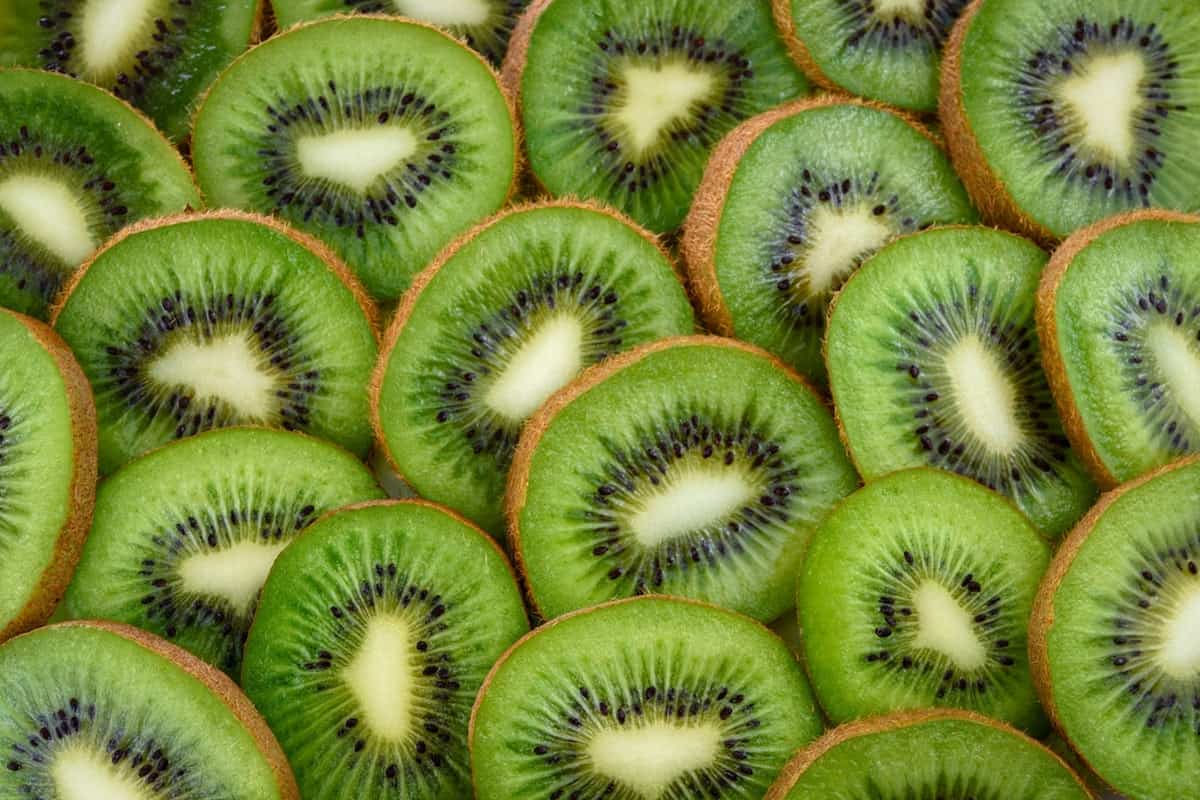The study found that Vitamin C improves mood, vitality, and well-being.
Kiwifruit has been shown to be a powerful mood booster, and new research from the University of Otago shows how quickly these effects can occur.
In a study published in The British Journal of Nutrition, researchers discovered that the furry fruit increased vitality and mood in as little as four days.
According to co-author Professor Tamlin Conner of the Department of Psychology, the findings provide people with a tangible and accessible way to improve their mental health.
“It’s great for people to know that small changes in their diet, like adding kiwifruit, could make a difference in how they feel every day.”
Vitamin C supplementation has been linked to improved mood, vitality, well-being, and lower depression, whereas vitamin C deficiency has been linked to increased depression and cognitive impairment.
However, Professor Conner claims that little research has been done to determine how quickly mood improves after taking vitamin C supplements or eating whole foods.
The researchers aimed to close that gap by implementing an 8-week dietary intervention for 155 adults with low vitamin C.
Every day, participants took either a vitamin C supplement, a placebo, or two kiwifruit. They then used smartphone surveys to report their vitality, mood, flourishing, sleep quality, sleep quantity, and physical activity levels.
The researchers discovered that kiwifruit supplementation improved vitality and mood within four days, peaking around 14-16 days, and improved flourishing after day 14. Vitamin C, on the other hand, improved mood slightly until day 12.
Lead author Dr Ben Fletcher, who conducted the research as part of his PhD at Otago, says that understanding the nuances of when and how these effects occur on a daily basis adds to our understanding of the potential benefits of vitamin C-rich foods and supplements for mental health.
“This demonstrates that what we eat can have a relatively quick effect on how we feel.
“Our participants had relatively good mental health to begin with so had little room for improvement, but still reported the benefits of kiwifruit or vitamin C interventions,” he said.
He adds that, while vitamin C tablets showed some improvement, the study highlights the potential synergistic effects of eating whole foods such as kiwifruit.
“We encourage a holistic approach to nutrition and well-being, incorporating various nutrient-rich foods into your diet.”
In addition to the direct implications for individuals seeking to improve their mental health, Professor Conner claims that the study introduces a novel methodology in nutritional research.
“The use of intensive smartphone surveys offers a real-time understanding of the day-to-day changes in mood-related outcomes.”

